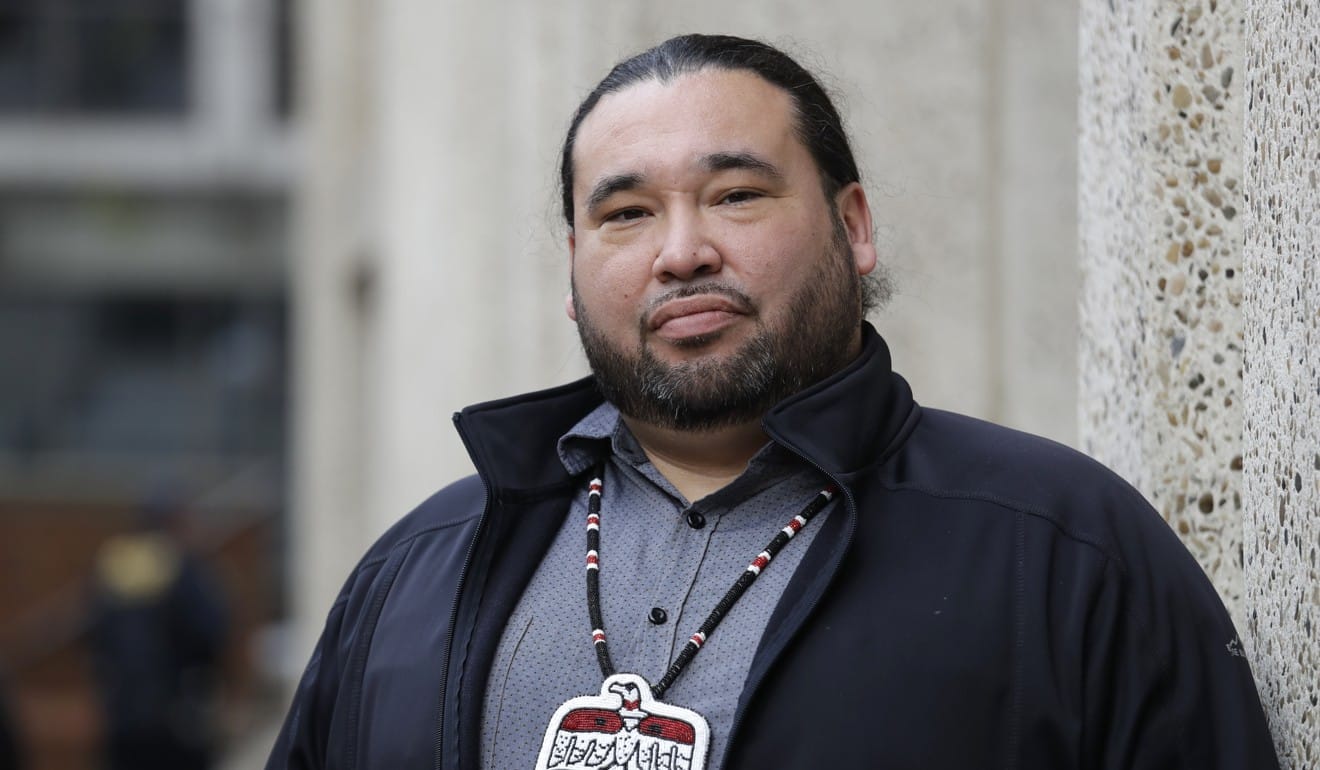Patrick Finedays DePoe, a prominent Makah Tribal leader, is embarking on a historic campaign for Washington State Commissioner of Public Lands. If elected, he would be the first Native American to hold statewide office in Washington and the entire Pacific Northwest. His candidacy isn’t simply about breaking barriers; it’s about bringing a fresh and potentially transformative perspective to the management of Washington’s vast natural resources. DePoe’s platform centers on integrating tribal ecological knowledge – the wisdom accumulated over generations by Indigenous communities – into the very fabric of the Department of Natural Resources (DNR). This, he believes, is key to achieving a future where environmental protection and economic prosperity go hand-in-hand.
The Makah Leader’s Path to Public Service
DePoe’s deep connection to the land isn’t just rhetoric; it’s woven into his life story. Growing up within the Makah Tribe, whose ancestral territories hug the dramatic coastline of Washington’s Olympic Peninsula, instilled in him a profound respect for the natural world. This upbringing shaped his values and directed his path, leading him to serve six years on the Makah Tribal Council, eventually rising to the position of Vice Chair. This experience provided an invaluable foundation in natural resource management, where he honed his skills in negotiation, consensus-building, and decision-making. He later transitioned to his current role as Director of Tribal Relations for the Washington DNR, bridging the gap between state government and tribal nations on critical environmental issues. “I’ve seen firsthand how public policy impacts our environment and our livelihoods,” DePoe explains, emphasizing the direct connection between decisions made in Olympia and the realities faced by communities across the state. His campaign website, depoeforwashington.com, provides further insight into his background and platform.
Reimagining Washington’s Natural Resources
DePoe’s vision for Washington’s public lands goes beyond simply preserving existing resources; he sees them as engines of sustainable economic growth, particularly for rural communities. He advocates for a balanced approach, recognizing the need to create jobs and boost local economies while simultaneously safeguarding Washington’s natural heritage for future generations. His proposals include responsible forestry initiatives, eco-tourism development, and exploring the potential of renewable energy projects on public lands. He has even openly queried whether the state can enhance forest protection through increased law enforcement presence, possibly in collaboration with local authorities, signaling a strong position on safeguarding these vital resources.
Wildfires, a growing threat exacerbated by climate change, are a top priority for DePoe. He advocates for a shift from primarily reactive measures to a more proactive approach, one informed by the ancient land management techniques of his ancestors. He suggests that controlled burns, carefully planned and executed based on generations of accumulated knowledge, could be a key tool in mitigating the risk of catastrophic wildfires. This isn’t just about putting out fires; it’s about understanding the natural rhythms of the land and working with them, not against them.
DePoe also recognizes the crucial role of tribal sovereignty in effective land management. He aims to move beyond mere consultation with tribal nations, envisioning a true partnership where tribal ecological knowledge (TEK) is integrated into every stage of the decision-making process. This collaboration, he believes, is essential for developing innovative and truly sustainable land management practices. This perspective is particularly relevant in the context of climate change, where TEK offers a wealth of knowledge about adaptation and resilience, honed over millennia.
Addressing the Diversity Gap
DePoe has been outspoken about the lack of diversity within the DNR, calling it “the least diverse department in the state of Washington.” He argues that this lack of representation hinders the department’s ability to effectively serve all Washingtonians. His commitment to increasing diversity within the DNR isn’t merely symbolic; he sees it as crucial for developing more innovative, equitable, and ultimately, more successful policies.
Comparing the Candidates
DePoe’s emphasis on TEK and DNR diversity sets him apart from other candidates in the race. While some acknowledge the importance of environmental protection, few have placed it so centrally within their platforms, or offered such a distinct approach to achieving it. The table below provides a brief comparison:
| Candidate | Stance on Tribal Ecological Knowledge Integration | Focus on DNR Diversity | Wildfire Prevention Strategy |
|---|---|---|---|
| Patrick DePoe | Central to his platform, views it as essential | High priority | Proactive, tribal-informed |
| Candidate 2 | Limited mention, not a core focus | Not emphasized | Primarily reactive |
| Candidate 3 | No mention | No mention | Reactive |
Challenges and Opportunities
While DePoe’s vision is compelling, its implementation will undoubtedly face challenges. Integrating TEK effectively will require navigating bureaucratic hurdles, securing adequate funding, and potentially overcoming resistance from groups with vested interests in current land management practices. The success of his initiatives will likely depend on his ability to build broad coalitions, effectively communicate his vision, and demonstrate tangible results. However, the potential rewards – a healthier environment, a more sustainable economy, and a strengthened relationship between the state and Tribal nations – make this a pursuit with significant promise. His campaign, already garnering six-figure contributions despite trailing leading candidates in fundraising, suggests a growing momentum and a resonance with voters seeking a new approach to environmental stewardship. Media coverage from outlets like The Olympian, The Seattle Times, KATU, Cascade PBS, and The Spokesman-Review continues to highlight his unique background and policy proposals. As the campaign progresses, the question remains: Will DePoe’s message resonate widely enough to bring this new vision to fruition? The future of Washington’s public lands may well depend on the answer.
- Discover Long Black Pepper: Flavor & Health Benefits - April 25, 2025
- Shocking Twists: The Grownup Review: Unreliable Narration - April 25, 2025
- A Quiet Place Book vs Movie: A Deep Dive - April 25, 2025
















